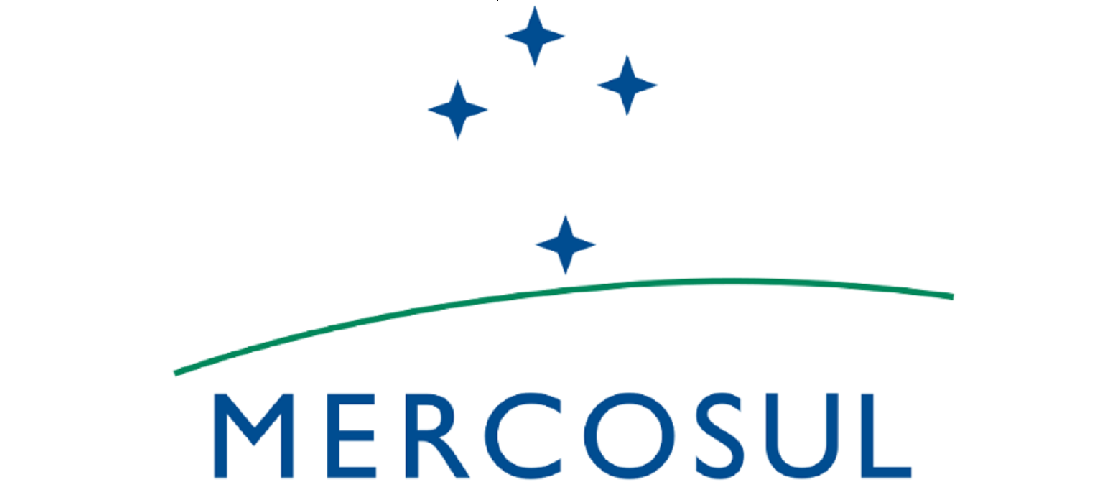
New Mercosur Origin Regime valid from July 18
Jul, 18, 2024 Posted by Gabriel MalheirosWeek 202429
The Mercosur Origin Regime (MOR), which sets the rules for determining if a product can be considered originating from one of the bloc’s member countries, will undergo significant changes starting July 18th. These changes, agreed upon by the bloc’s leadership last July, aim to facilitate intra-bloc trade and directly impact companies that export and import products within Mercosur.
End of the Certificate of Origin Requirement — One of the main changes is the end of the requirement for the Certificate of Origin for products exported between Mercosur countries. This document, which has been in place for decades, has been required to prove the origin of goods and ensure the application of the bloc’s preferential tariffs. From now on, Brazil can request that Mercosur partners accept a “self-declaration of origin,” a faster and less bureaucratic procedure. However, this request must be made six months before the implementation of self-certification.
The new model provides ease and cost reduction by allowing a faster and less expensive proof of origin. Ending the document requirement is expected to save exporters an estimated R$ 10 million annually. Approximately 600,000 certificates are issued annually, with 35% of the total directed to Mercosur.
The certification of origin, however, remains valid. The hybrid model caters to the reality of different types of Brazilian producers and exporters, especially small and medium-sized companies that need help with proving their origin.
Less Bureaucracy and Faster Clearance of Goods — Customs authorities in importing countries can make simple inquiries directly to producers or exporters without the need to open a formal origin investigation procedure when deemed necessary and sufficient. This will allow, in these cases, the commercial operations under doubt to be cleared more quickly, reducing the burden on exporters and importers and meeting another request from the Brazilian industry for speed in any origin investigations.
This new form of investigation also reduces the administrative cost for governments. At the same time, these procedures aim to provide more control and oversight by the Brazilian Federal Revenue Service, investing more time and resources in risk management to combat fraud.
Increase in the Limit of Foreign Components — The Origin Regime also sets a maximum percentage of foreign components a product can have that are considered to originate from a Mercosur country. This limit, previously 40%, will increase to 45% starting July 18th. Thus, to be considered national, a product can have up to 45% of raw materials purchased from countries outside Mercosur. This flexibility applies to 100% of industrial products and 80.5% of agricultural products – the remaining 19.5% will keep the percentage at 40%.
Export from Another Country—The new rules also introduce the possibility of exporting a Brazilian product from a customs facility in a third country. This measure aims to facilitate logistics and reduce costs for exporting companies.
The new MOR began negotiations in 2019 based on more modern trade agreements worldwide.
It is important to note that the new rules of the Mercosur Origin Regime are only valid for trade between member countries of the bloc. Exports to third countries will continue to follow each country’s specific rules.
-
Trade Regulations
Dec, 23, 2020
0
Mercosur to sign treaties with Canada and Lebanon in 2021
-
Shipping
Apr, 19, 2021
0
UNCTAD urges regulators to fight for greater liner pricing transparency
-
Jan, 19, 2022
0
Ceará, the country’s third largest fruit exporter, sells US$ 178 million in 2021.
-
Ports and Terminals
Feb, 19, 2025
0
TCP Posts 10% Hike in Cargo Throughput in January 2025

